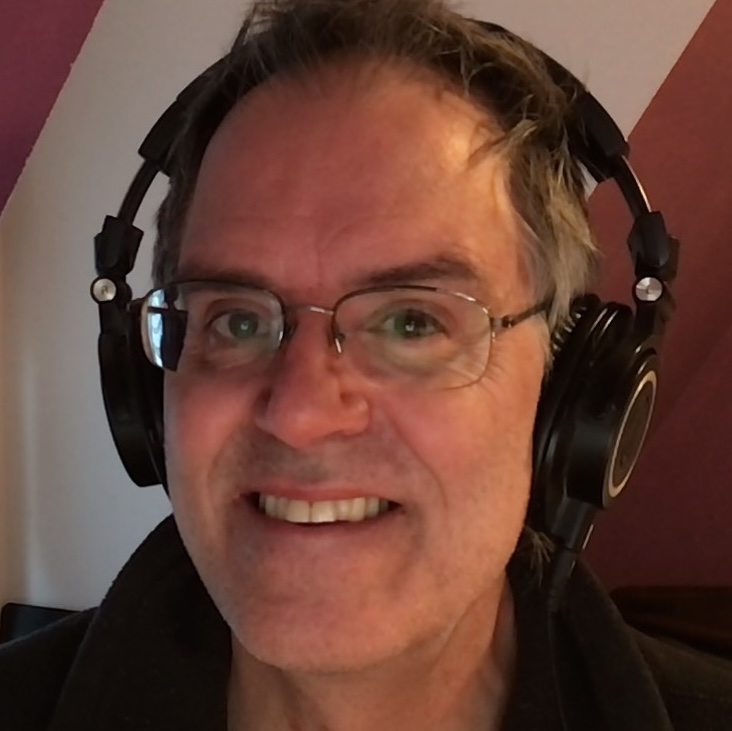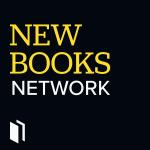
Podcasting Outlook 2024: A Historical View

This article is at least a year old
Marshall Poe, PhD - the historian and editor behind the New Books Network - writes for Podnews…
I’ve been in the podcasting business since 2007. In that time, I’ve seen three periods. The “DIY Period” when podcasting was something non-media types like me (then a history professor) started podcasts out of passion. Second, the “Gold Rush” period that probably began with Serial (2014) but really came into its own in 2019 when money began to pour into podcasting. And, third, the “Return to Earth” period (beginning 2023) as both DIYers and big media companies began to understand the (harsh) realities of the podcasting business. Those realities include for DIYers that you probably can’t build a big audience no matter how good your podcast is and for big media companies that you can’t make hits, so don’t spend fortunes on them.
As a historian, I can tell you that we’ve seen all this before on the Internet. Take webpages in the 1990s. Soon everyone had one (“Hello world! This is my webpage!”); some people tried to make money with them; money poured in and was lost; and then everyone came back down to Earth and we got the modern webpage Internet where you visit about 5 sites regularly. Or take blogs circa 2000. Soon your uncle had one (he had something important to say); some folks tried to make money from them; money poured in and was lost, and then—that’s right—everyone came back down to Earth and we got various ad-funded “news” services that are more or less big blogs run by journalists.
What can we learn from these earlier DIY-boom-bust cycles? The first lesson is an old one, older than the Internet: it’s hard to make money in media. Ask anyone in the publishing industry. Doesn’t matter what they publish—books, newspapers, magazines, films, video, poetry chapbooks—you name it. All of these people will tell you they are tough businesses. Why? Because—particularly in the age of the Internet—the “barriers to entry” are historically low—and the public is very fickle. You—yes, you!—can reach the masses with your “content.” Won’t cost much, so why not? But, as you quickly discover, you can reach the masses, but the masses won’t reach back. Your content is “available” to everyone, it’s just that nobody can find it and, even if they did, they probably won’t want it.
All of this is rather dispiriting for those of us who make a living publishing on the Internet, and particularly those of us who publish podcasts for a living. And indeed, the outlook for 2024 is not particularly good, but it’s not all bad. History tells me that there are three ways to have a good year as a podcaster in 2024.
The first is join a winning team. The big, established media brands with solid, multi-stream revenue will buy successful podcasts. Why wouldn’t they? They can’t make hits, so it’s easier just to shell out for the winners. You might be a winner.
The second is to become leaner. You don’t need to be bought by the NYT to make money; you just need to be profitable. Many cheaply produced “always on” podcasts are profitable, if not very. If you can get your production costs down and ad/subscription revenue doesn’t crater, you, too, can become profitable and therefore sustainable.
The third is to get really, really lucky. Who knows? Maybe you have the next “Serial” or maybe you are the next Joe Rogan. The odds are against you—really, really against you—but you can try. After all, your chances of winning the lottery are low, but somebody always wins. Might be you.
Of course, if you are not producing your podcast in the hopes of making a living, then you are already a success as I’m sure your listeners will tell you. Congratulations, you’ve done something wonderful.
Listen


































































































